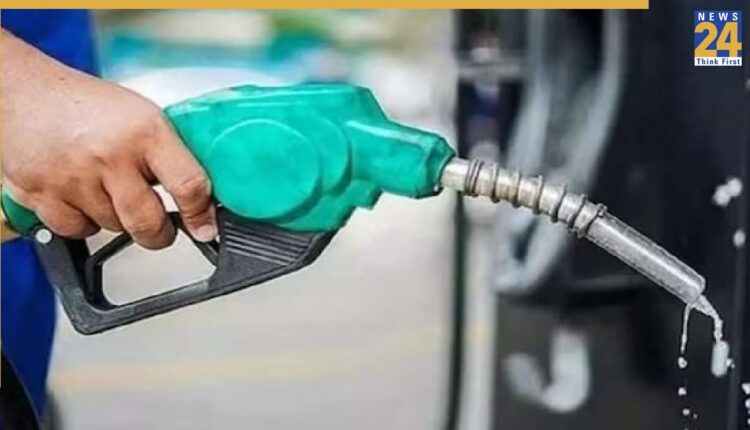The Supreme Court has rejected a public interest litigation (PIL) challenging the Central government’s mandate on blending petrol with 20% ethanol. The ruling, delivered by Justice B.R. Gavai and Justice Vinod Chandran, effectively endorses the government’s ambitious ethanol blending programme, which has sparked a heated debate on vehicle compatibility and consumer choice.
In a statement, Attorney General R. Venkataramani explained how the programme benefits farmers who grow sugarcane-the primary source of ethanol. The government also argued that consumers cannot dictate fuel composition.
Would Carmakers Offer E20 Upgrade Kits for Older Models?
India moved from E5 in 2003 to E10 by 2022, but the transition to E20 has come five years ahead of the original 2030 schedule. Ethanol is crucial in reducing India’s fuel import bill, saving around ₹24,300 crore in foreign exchange in the ethanol supply year 2022–23. It also burns relatively cleaner than petrol.
According to an Autocar report, Maruti Suzuki may offer E20 material upgrade kits for models dating back 10–15 years, costing between ₹4,000 and ₹6,000 depending on the vehicle. Auto component manufacturers, oil companies, and the testing agency ARAI have jointly explained India’s E20 push, offering assurances regarding warranties, fuel efficiency, and potential engine issues.
Subject Matter of the PIL
Senior Advocate Shadan Farasat, appearing for the petitioner, clarified that they were not opposed to ethanol blending itself but sought the option of pure petrol for cars manufactured before 2023, which may not be E20-compliant. He pointed to reports suggesting a 6% drop in fuel efficiency with E20, and highlighted that NITI Aayog had expressed concerns about the lack of E10 alternatives being available in parallel.
The PIL further demanded mandatory labelling of ethanol content at fuel stations, consumer awareness campaigns, and a pan-India study on the impact of E20 fuel on non-compliant vehicles. It also noted that in many foreign countries, ethanol-free petrol is widely available with clear labelling, and argued that no cost benefit is being passed on to Indian consumers, even though ethanol is cheaper than petrol.

